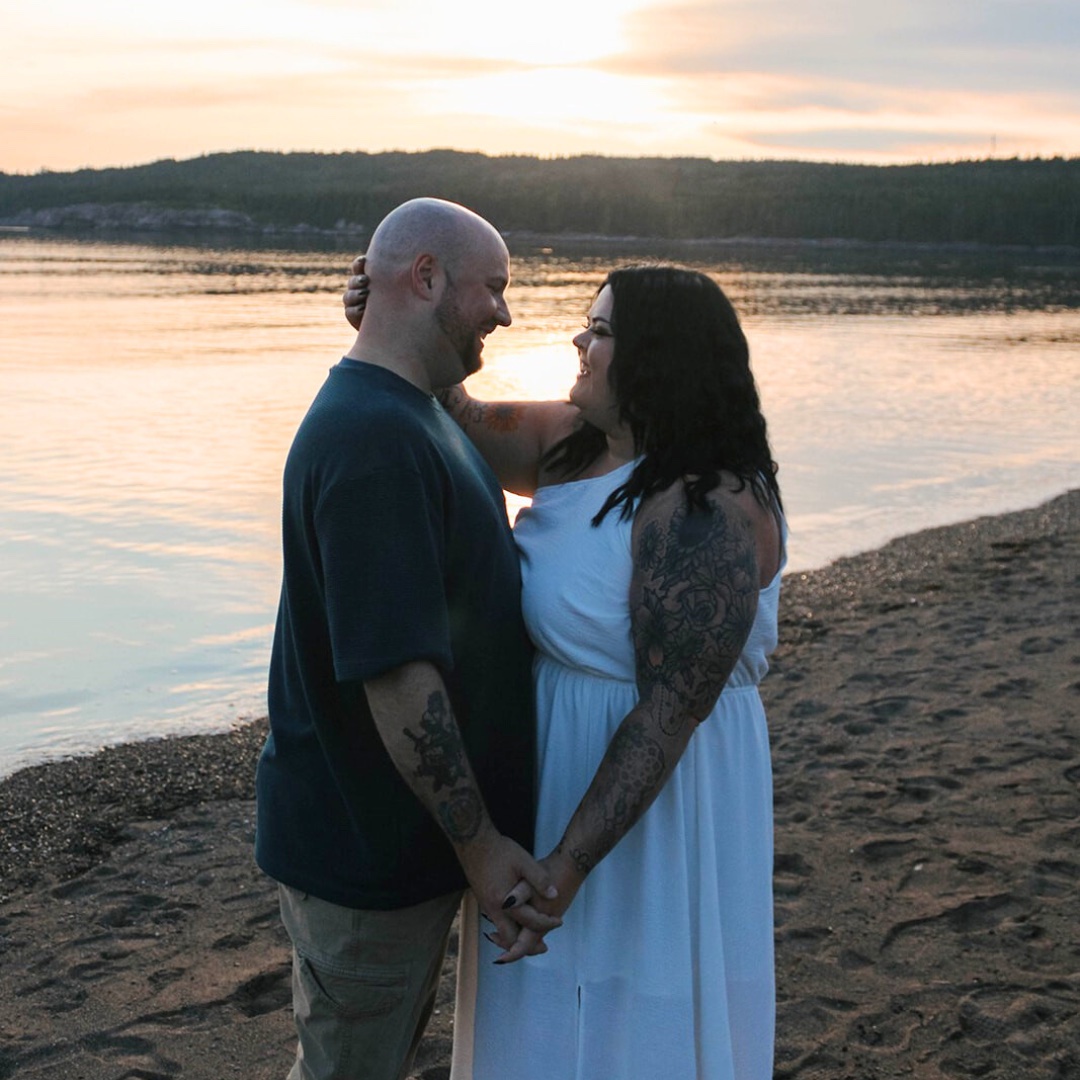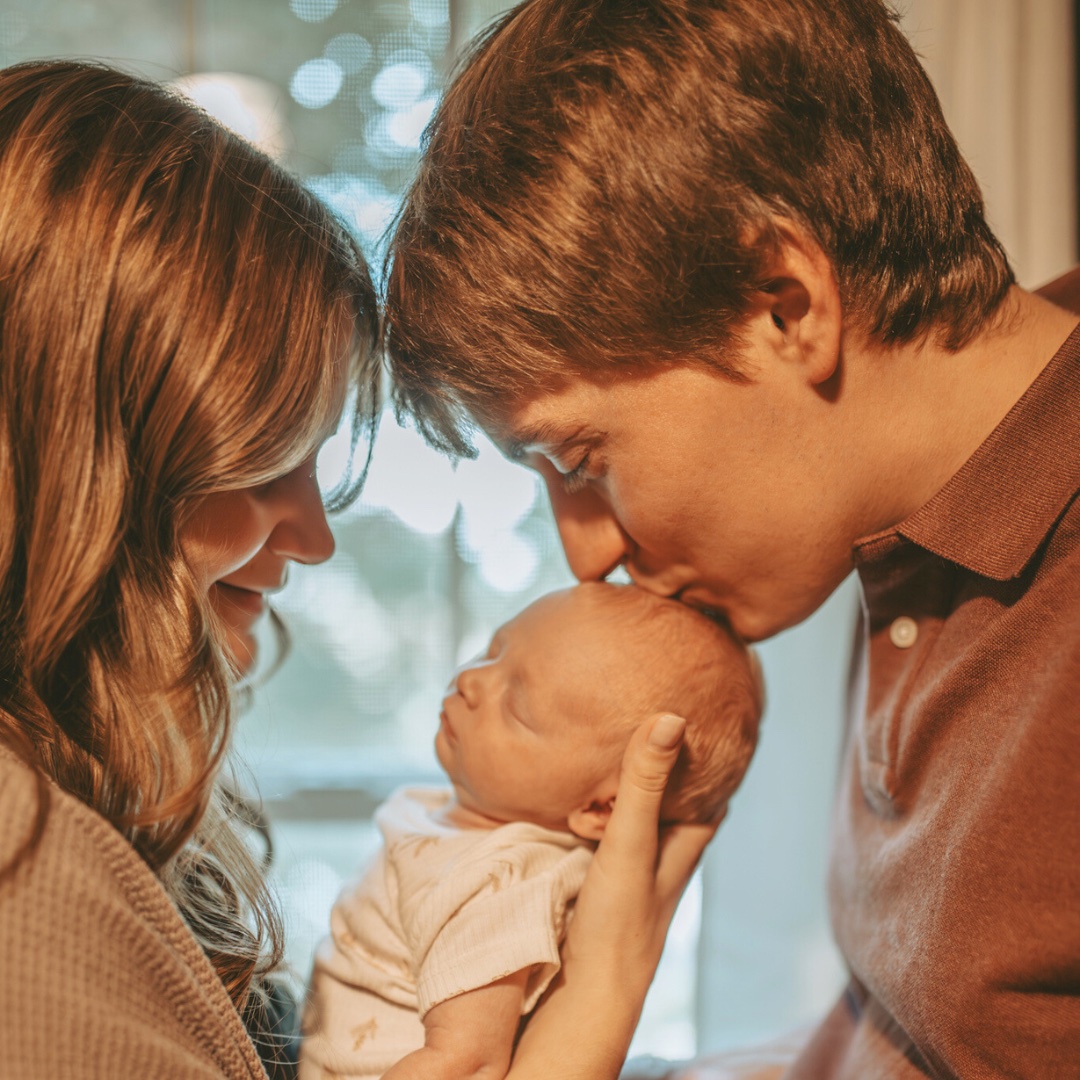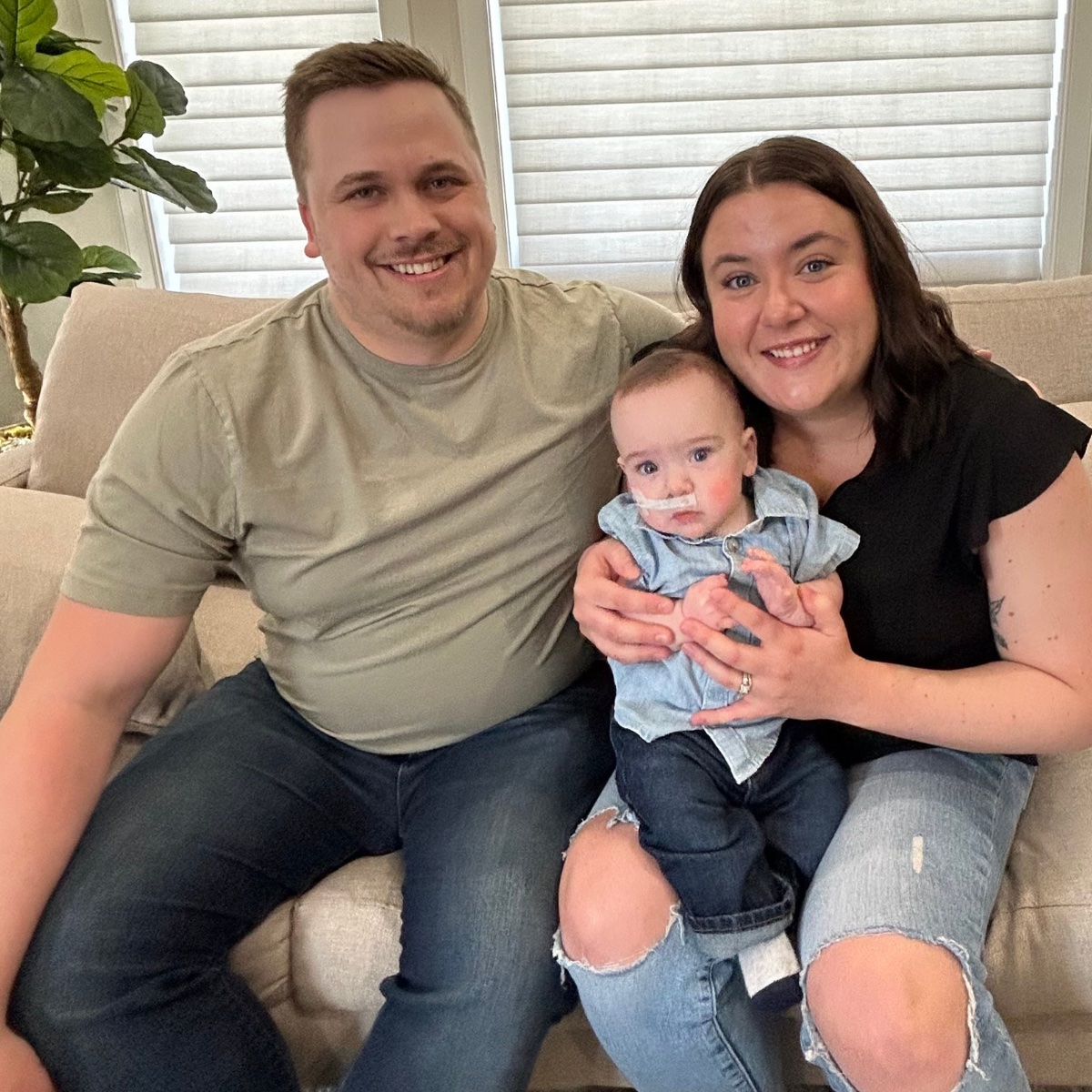Sabrina
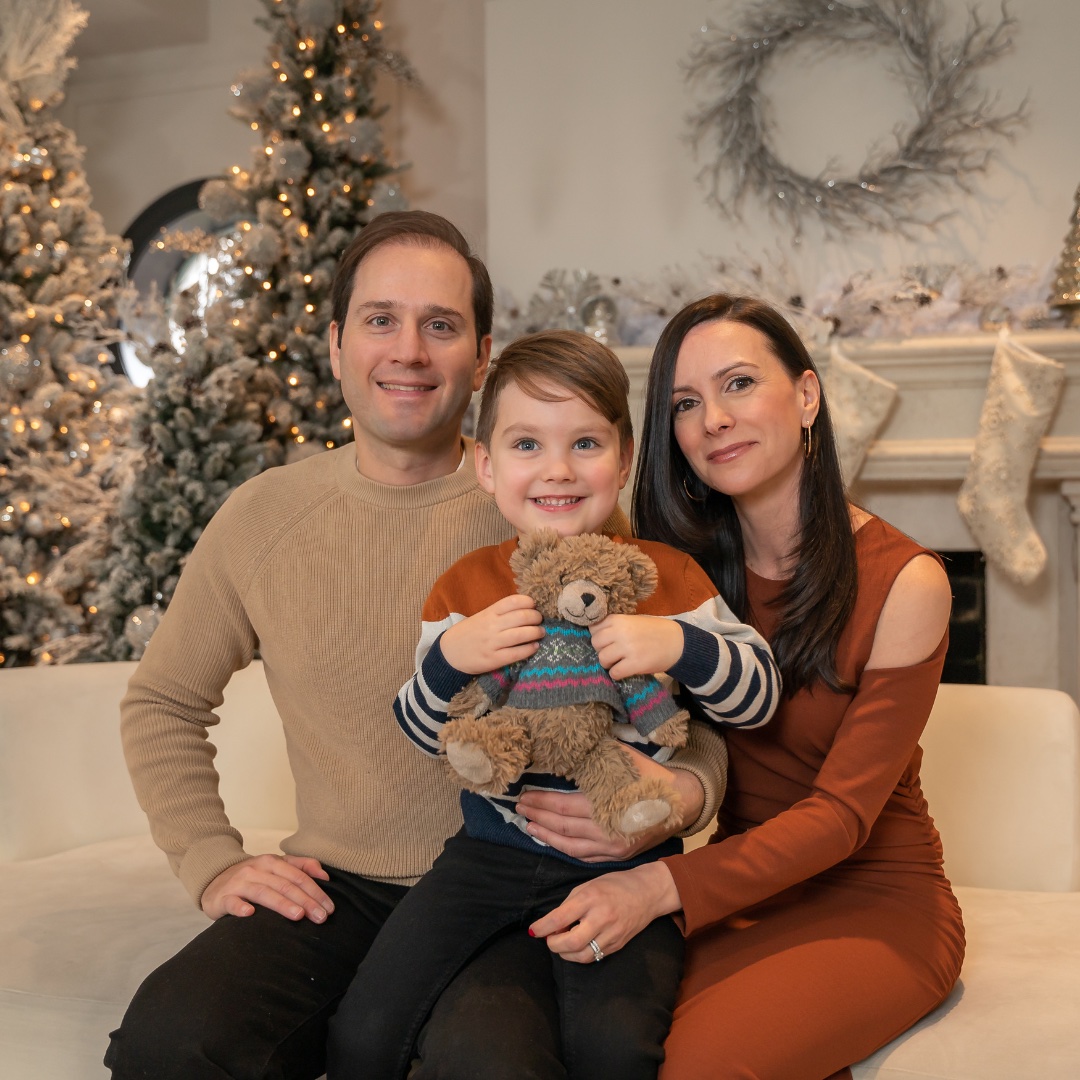
For years I’ve dreamed of being a mother. My heart was set on it, and as soon as my husband and I were married my mind filled with visions of our future family. In 2020, just a few years after my mother’s passing and having our first child, the COVID-19 pandemic began. Throughout this global uncertainty, I went through several unexpected and tumultuous events. Although eager to have a second child, we struggled through recurrent miscarriage. We openly told family and friends about the first loss, but after the second and third miscarriage, my husband and I thought it was best to keep the news to ourselves to avoid any negative comments or opinions. My losses were often compared to others and I was often told to “move on.” In retrospect, there should have been no comparison or hierarchy to my grief because all experiences are unique and all feelings are valid. Everyone should be able to grieve the way they see fit. There shouldn’t be any comparison because one cannot judge someone’s experiences if they have not walked in their path of grief and loss. After a loss, that person’s world has changed and they are learning to adapt their lives around that loss. Sorrow has no hierarchy, and suffering is not something anyone wants to experience but, unfortunately, it is an inevitable part of life. For me, I stopped sharing what was happening to my family because I was trying to prevent and minimize people’s comparisons; it became a barrier to healing and grieving. It made me feel that I had no reason to mourn my losses.
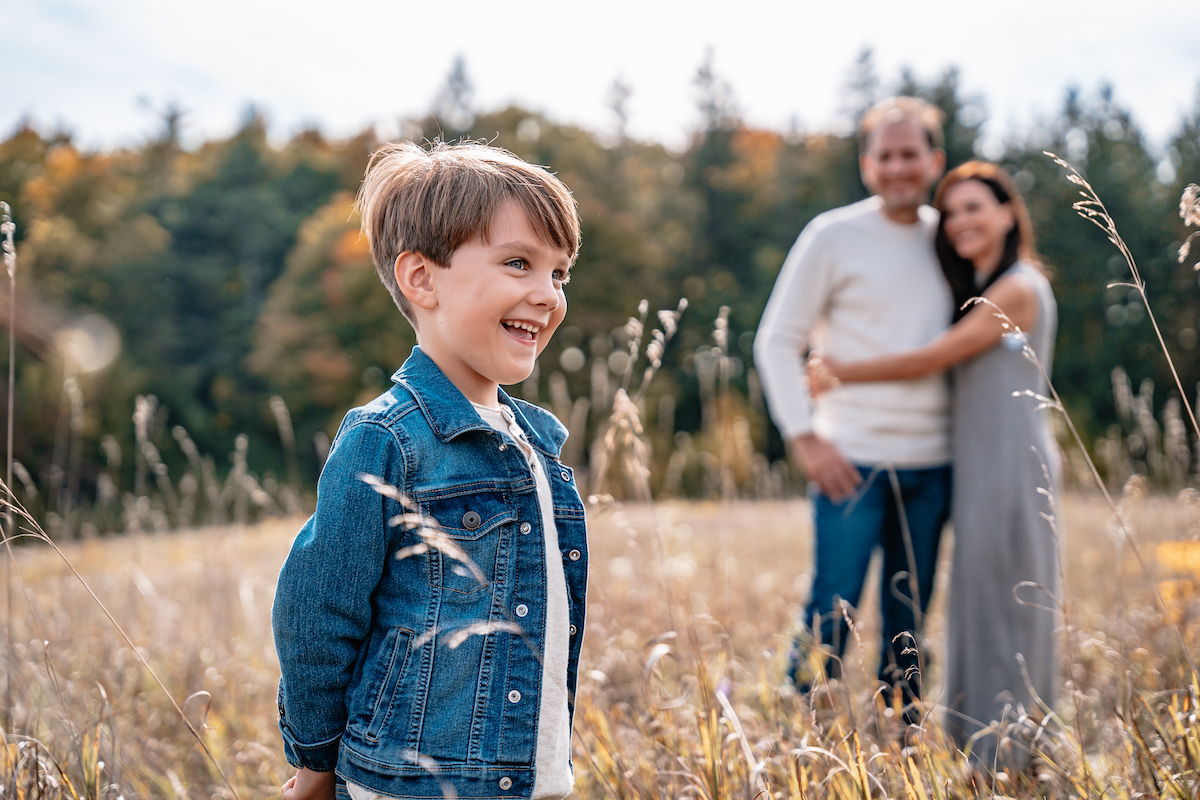
Although we were able to conceive on our own without assistance, one miscarriage led to many more and eventually I was diagnosed with secondary infertility. Hearing this news was earth shattering and our many arduous years of trying to conceive a second child came to an end. Things began to worsen. The reality of infertility struck me in ways I was not prepared for. Miscarriage is intense, personal and often an overwhelming experience. Dealing with it in private can make the grief even more complicated and extremely lonely. The endless cycles trying to conceive, the procedures, the medications, the diets and the medical appointments – they took a toll on me physically and emotionally. The constant barrage of disappointment was continuous, relentless and seemingly impossible to overcome. The sense of failure that quietly crept into my mind and the unspoken grief that I carried with me each day was overwhelming. When you are on the road of grief it may seem infinite. It is sometimes sudden and unexpected. Knowing I was unable to conceive a sibling for our son brought upon continual sadness and it felt like I was stuck in an unending cycle of loss. I wanted so desperately to fix “me” and to do whatever it would take to realize my dreams of motherhood and giving a sibling to our son. Families around us were expanding and ours often felt incomplete.

Infertility is a journey that can leave deep emotional scars: trauma, grief, sadness, confusion and a sense of loss. It took many different tools, including an online educational course on Grief Education with the University of Toronto, weekly check-ins with a therapist, meditation, reiki, prayer, sound healing, and forms of movement such as pilates to build coping mechanisms for it. All these modalities allowed me to develop a base of strength, resilience, hope and, most importantly, trust.
Where there is infertility there is infertility grief. Like grief, infertility is nonlinear. It is a journey I never expected to take, but ultimately it taught me resilience, strength, and that there is a true power of healing through movement. There are no two stories the same and each one of us is on this unique journey with their own unique cause. I’ve learned and experienced that stigmas behind fertility are gravely misunderstood. The miscarriages I experienced each felt like a death in my own body. The loss is intimate, inseparable and irreparable. It was extremely difficult, but it was paramount to learn to cope with the loss in an effort to make new plans, because the ones that I held deep in my heart are no longer going to happen. Society has conditioned us to believe that fertility is “normal” and infertility is “abnormal.” It may be the other way around. I believe that mourning loss is a form of love and an outward expression. It can be a beautiful thing when we step back and recognize that it is a price we pay for love and perhaps learn to cultivate that in different ways. The memories we are left with in our grief can be the same memories we treasure for the rest of our lives. It is also an invitation to a new relationship through vulnerability and compassion within ourselves. Experiencing infertility will bring ripples through every part of your life, and in ways I did not expect. I’ve found further meaning and purpose through creating “Restore From Within with Sabrina” to help me embrace my story, to honour my pain, to honour the babies we’ve lost along the way and to move forward with trust and hope. Also, I have a newfound motivation to support and advocate for others going through infertility, loss and seeking better fertility care.
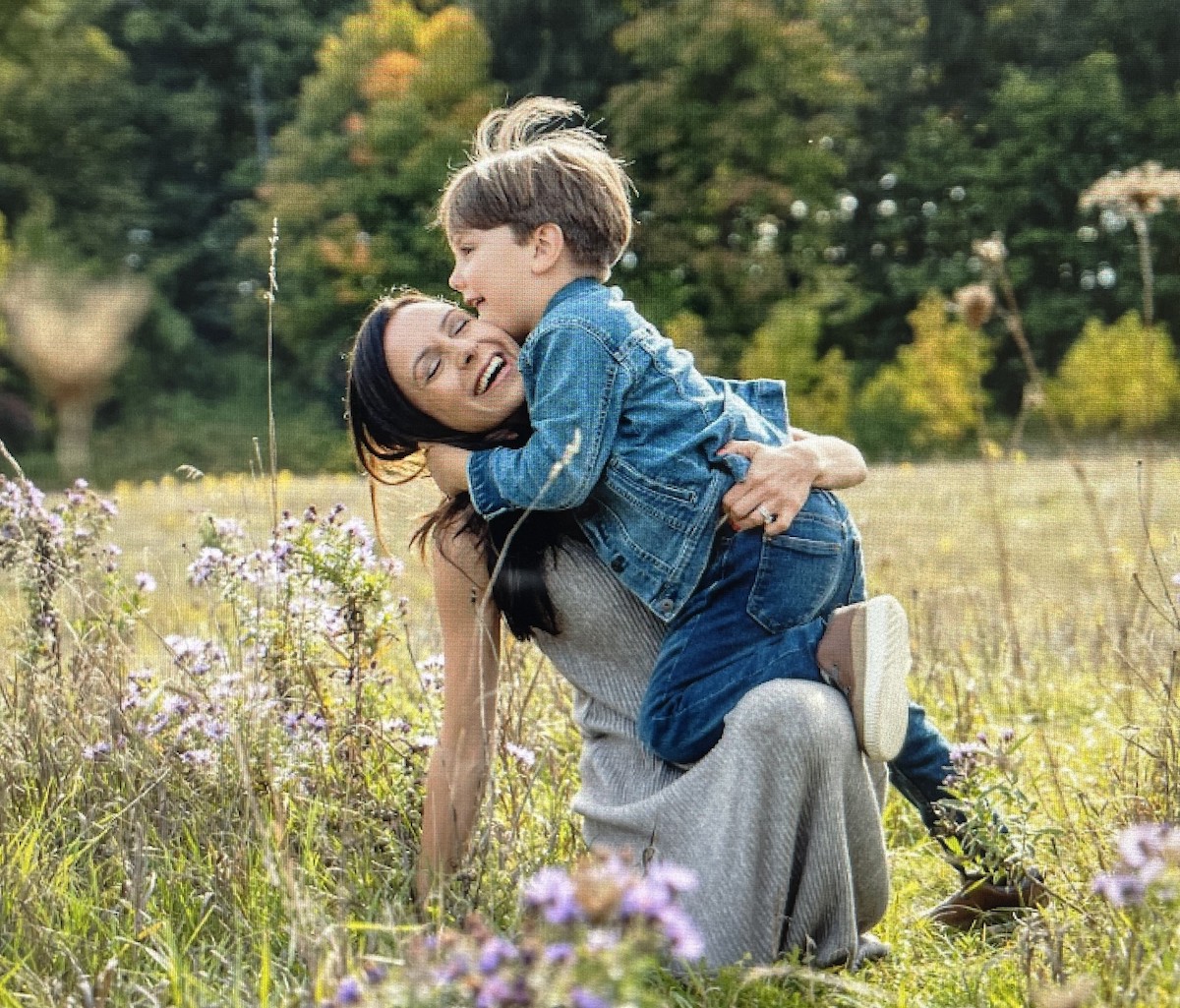
Advocating alongside Fertility Matters Canada has become an important goal, in hopes of removing false narratives of infertility and achieving better fertility care for Canadians. For me it also became a form of healing because I know it will one day help another family in need. I am not moving past or denying my losses, rather I am learning to move with them in a purposeful and meaningful way even when it at times feels like my world has crumbled. I grieve not just the loss, but also the plans and expectations. I know this journey and the healing are uniquely my own. Instead of avoiding the feelings of grief, one should try to hold hands with it, sit with it, try to move with it and “befriend” it. Even when it is hard, do it anyway because walking that same path can help subtle change that may lead to profound meaning in your life.
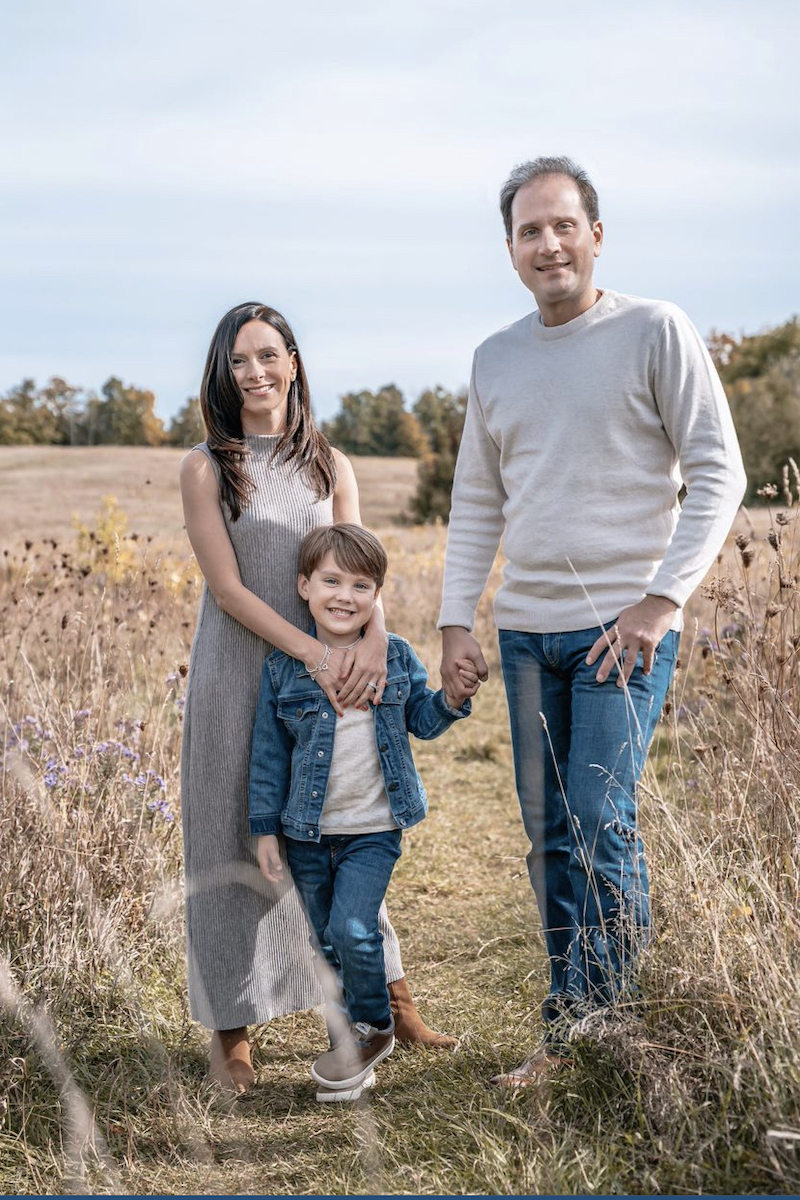
Finding pilates helped strengthen my body, mind and spirit and in turn strengthened my heart which is a place I hold a lot of grief. I am still learning to embrace the imperfections. I am learning to release the tight grips that I had on my expectations in life and to rebuild new trust in the process. I am learning that I could not control the outcome of my fertility journey but I could control how I responded to it. I chose to continue to learn about grief and trauma and focus on healing. Healing is continuous and truly never ends. Leaning into love and understanding myself through cultivating peace within has helped me see a new vision of what my family is now looking like in the eyes of soft lenses. Although I have not been able to conceive a sibling for our son, I have gained something far more valuable, a deep sense of inner peace and strength.
Sometimes, healing is about learning to live fully with “what is” instead of “what should have been” and embrace each moment as it comes. Knowing that the journey itself can be the greatest gift, I’ve come to realize that the pain of infertility grief wasn’t something to fight against but something to move through.
As I reflect on this journey, I am still learning to let go of expectations, timelines, how my family should have looked like, and the pressures of how to fix my body to do what I want it to. I continue to learn to trust the wisdom of my body and like pilates, flow in life with less restriction and more with ease.
To anyone who is walking the painful path of infertility, I offer you this: Where there is infertility there will always be infertility grief, but you are not alone in it.
More 1 in 6 stories
Danielle Howe
In 2014 I met the love of my life. At just 20 years old I felt a connection with someone that I knew was the start of the rest of my life.
Katie Maxwell
My husband and I are high school sweethearts. He was diagnosed with testicular cancer, which aided in our decision to start trying for a baby.
Dakoda
My husband and I struggled with “unexplained infertility” for the better part of two years. We tried multiple medicated cycles, with no success.


